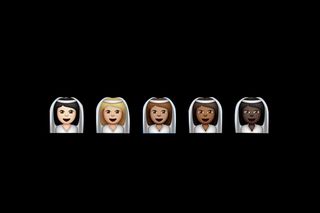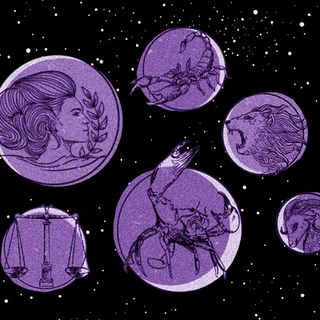
Shaadi.com Removes Skin Tone Search Filter. But What About All the Other Offensive Filters?
Matrimonial sites still reinforce prejudices based on caste, income, and physical attributes.

Yesterday, following Internet backlash from users, popular Indian matrimonial website, Shaadi.com removed a search filter on its website that allowed people to look for potential matches based on their skin tones.
Since 2008, Shaadi.com has been the leading matrimonial website for Indians worldwide, and currently, claims to have over 35 million users. Recently, Hetal Lakhani and Meghan Nagpal, two of the marriage portal’s users, came together to start an online petition urging the company to remove its complexion filter. This feature asked people to categorize themselves as ‘fair,’ ‘wheatish,’ or ‘dark,’ and allowed users to search for partners based on that descriptor. Initially, when Meghan emailed Shaadi.com about the discriminatory filter, their representative responded saying it is a filter required by most parents. But after a petition on Change.org protesting the filter rapidly gained traction, the company removed the feature overnight.
While this is a positive development, it barely scratches the surface of the deep-seated problems with matrimony in India, which are propagated by these online portals: by passing on prejudices across generations. Before the advent of the internet, the matrimonial ads carried by newspapers would read something like: “Very fair divorcee boy earning 18 lpa (lakh per annum) wants to marry very beautiful girl,” or “Fair, h’some, unmarried, well-settled Guju 47/5’8″ seeks rich business industrial family girl.” Now, catering to these societal biases is even easier through search filters provided by matrimonial websites.
In a country already suffering from deep religious divides and caste hierarchies, matrimonial websites have been widening the gaps further by letting people choose a partner on the basis of their preferred religion and caste. Removing these filters from matrimonial websites isn’t the solution to deep-seated bigotry, but that can’t be an excuse to propagate them either. As Hetal told BBC Asian Network regarding skin color, “People have their biases. But a company should not inculcate that culture.”
Related on The Swaddle:
Tindstagramming Is A Creepy Online Dating Trend That Needs To Stop
On Shaadi.com, there is currently a filter that lets users set height preferences for prospective matches. In addition to that, in 2015, the company made another grand announcement: “Earlier Shaadi.com members could only specify the community, religion, qualification, etc., while searching for a partner online. But now, you can also find a match based on the annual income.”
Instead of appreciating human beings for their personalities, characters, and value systems, which arguably, are all traits that are relevant for a life-long partnership — matrimonial websites reduce people to filtered search results on a screen. And, these filters are based on arbitrary and offensive categories like religion, caste, height, annual income — none of which are parameters to determine a healthy marital life. For instance, it might be more helpful for a woman to know what her prospective husband’s stances on domestic violence or marital rape are, rather than his height or his caste.
But India is gradually waking up to the biases that are practiced and perpetuated regularly. Recently, Bollywood celebrities were called out for their hypocrisy and performative wokeness in protesting racism when they’ve been endorsing skin-lightening products in the country for years. Then, last week, Johnson & Johnson decided to take its skin-whitening products off the shelves in Asia and the Middle East. And, while these changes are indeed welcome, they won’t immediately change the mindsets that had spawned their existence, in the first place. We still have a long, long way to go until we can truly call ourselves a ‘woke‘ society — structurally, systemically, as well as socially in all our day-to-day interactions and life decisions, like choosing a life partner, for example.
“Shaadi.com removing its color filter doesn’t change the reality that people will continue to anchor desirability and suitability onto people’s skin colour. But it will stop giving users the option to discriminate on the basis of something so shallow and arbitrary,” the petition read. Discouraging these biases is, certainly, a good first step. But, it’s hardly time to stop and celebrate yet.
Devrupa Rakshit is an Associate Editor at The Swaddle. She is a lawyer by education, a poet by accident, a painter by shaukh, and autistic by birth. You can find her on Instagram @devruparakshit.
Related


Why Do People Still Believe In Astrology?
